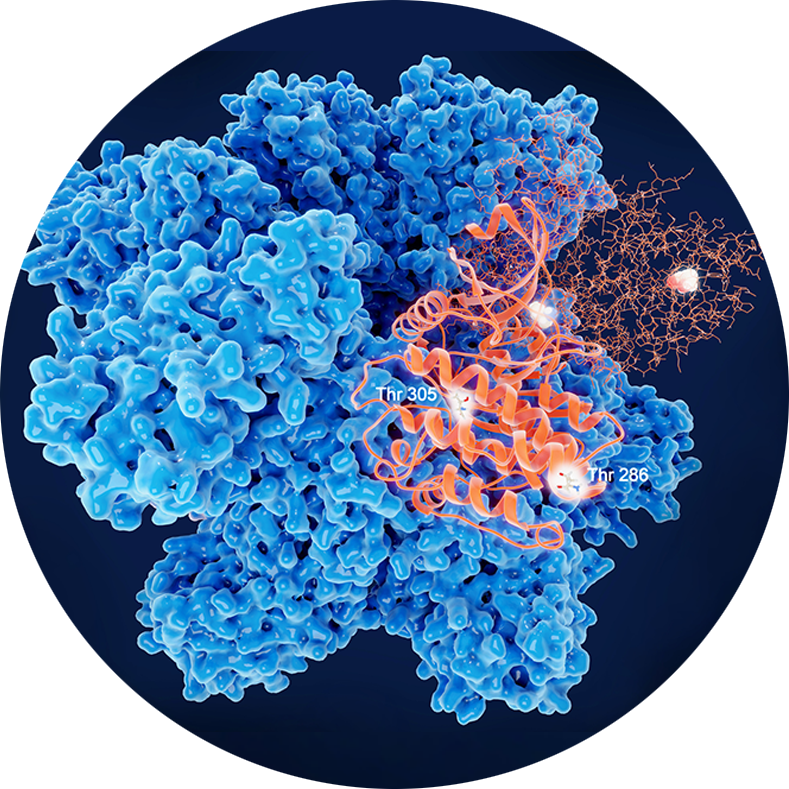Metabolic pathway + enzyme engineering
Reconstruct and optimize biosynthetic pathways with speed and accuracy
Metabolic pathway engineering
Metabolic engineering involves reconstructing and optimizing biosynthetic pathways in model organisms, creating robust cellular factories that enable efficient bioproduction of proteins, enzymes, metabolites or biomolecules for a variety of applications. However, many parts of these pathways have not been characterized or tested to demonstrate their function. Using recombinant or novel genes or gene circuits to make changes in the parts that make up these host pathways, can then enable precise and effective production of valuable biomolecules for applications in the biomedical, industrial and research areas.

Enzyme engineering
Lack of tested function is also present on the individual molecule level. Many proteins or enzymes have had their function predicted, but not actually tested. Generating proteins from predicted sequences using synthetic DNA and mRNA can help test these functions at a faster rate. Furthermore, pushing the boundaries of these functions by testing different combinations of changes in catalytic sites, for example, can help produce valuable products quickly and with decreased costs.
Long Design-Build-Test-Learn Cycles
The metabolic pathway and enzyme engineering workflows face significant bottlenecks in building complex DNA sequences, leading to long design-build-test-learn (DBTL) cycles. Additionally, researchers and companies experience long waiting times to receive synthetic DNA, impacting the length of DBTL cycles and further increasing development time and costs.

Removing limitations with hands-free overnight synthesis
The BioXp® system enables rapid synthesis within days to weeks, as well as the ability to modify large constructs and full-length genomes.
The BioXp system provides an automated workflow solution enabling users to:
- Engineer genomes and vaccine scaffolds that were previously inaccessible due to size, complexity, and resource limitations
- Engineer fully synthetic genomes lacking pathogenicity through rational redesign
- Rapidly pursue research and development of emerging strains or modify existing genomic constructs based on experimental results
Submit sequence through secure myBioXperience® portal
Receive and load BioXp kits on the BioXp system
Press start
Automated synthetic and molecular biology solutions
To address these challenges, the BioXp platform was developed, which provides hands-free and rapid, automated synthesis of biological sequences. It allows for high-throughput, overnight synthesis of DNA, which streamlines the workflow and reduces the time and cost of engineering new proteins, enzymes and pathways.
DNA Variant Libraries
Build scanning, site-saturation, combinatorial, and targeted DNA variant libraries using IUPAC nucleotides to optimize protein binding and function.
Cloning
Build long error-corrected, de novo synthetic genes up to 7.2kb in length, and clone them into customer specified vectors.
Learn moreGene Fragment Synthesis
Build error-corrected, de novo synthetic genes up to 1.8kb in length.
Learn moreDNA Amplification
Amplify up to 10 micrograms of error-corrected genes cloned into either a made-to-stock or customer vectors.
Learn moreUsing rapid design-build-test cycles to transform legacy supply chains via biomanufacturing
- Unique de novo modular library design enabled rapid generation of high-diversity and low diversity libraries
- Targeted libraries identified every sequence, what worked and what didn’t to accurately refine AI-based algorithm
- High sequence fidelity enabled elimination of tedious verification steps
- Continued iteration helped Identify enzymes with 10,000X higher activity than the original enzyme.
WATCH VIDEO: Cellibre CEO Ben Chiarelli discusses how the partnership with Telesis Bio is enabling them to accelerate enzyme discovery and advance their mission of unlocking natural products across a variety of industries

